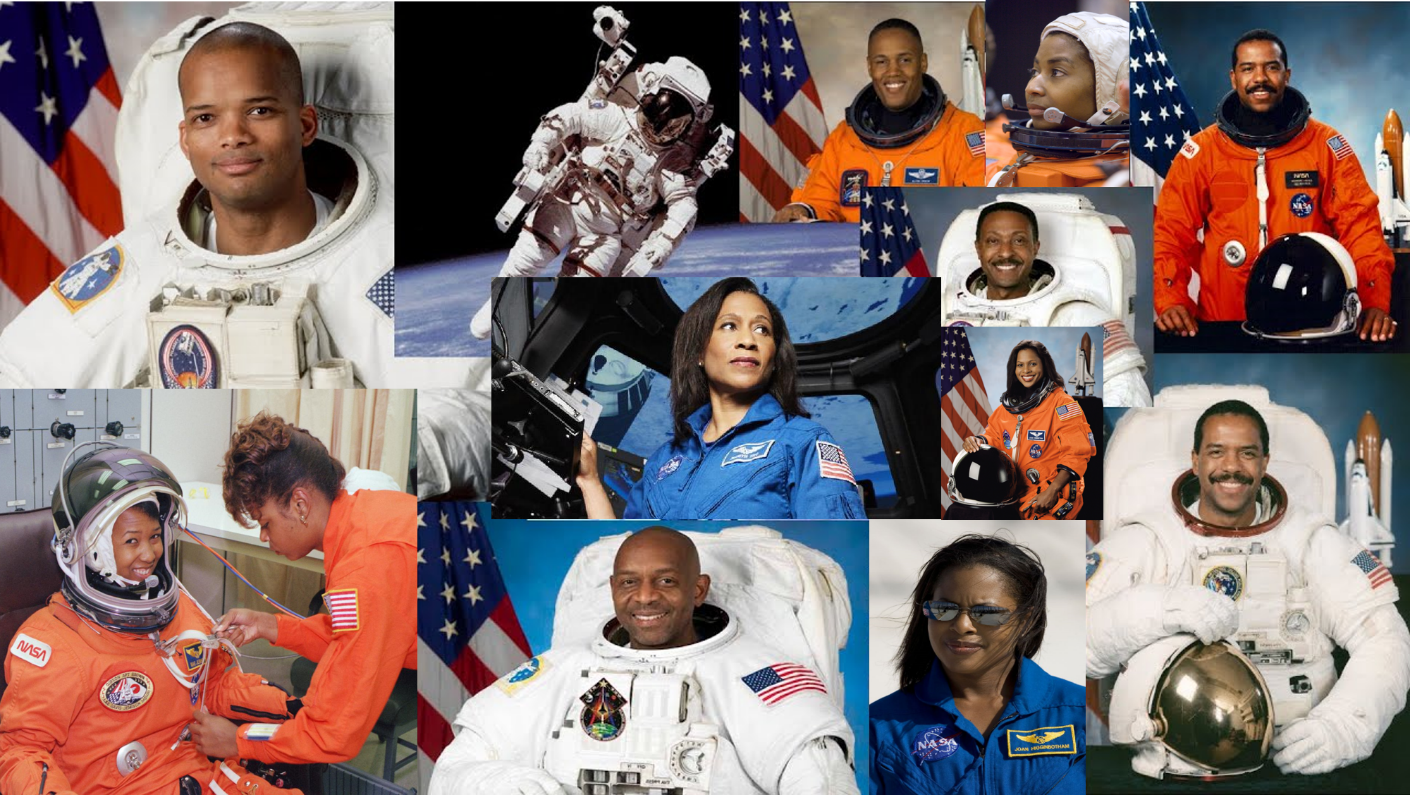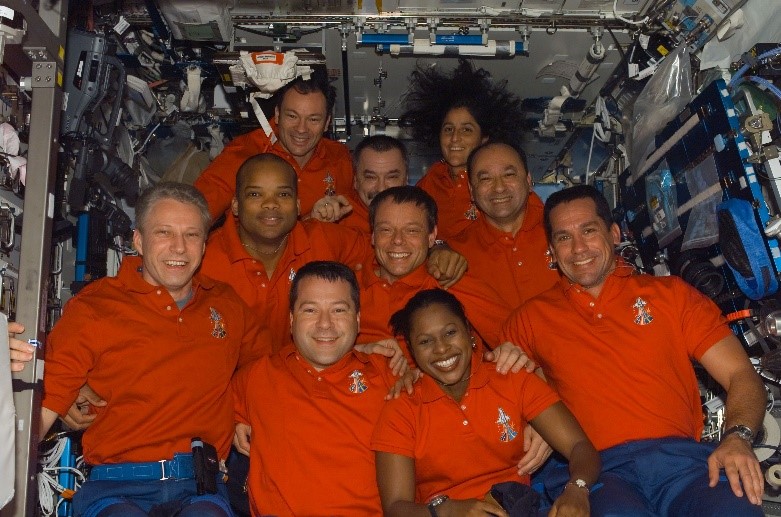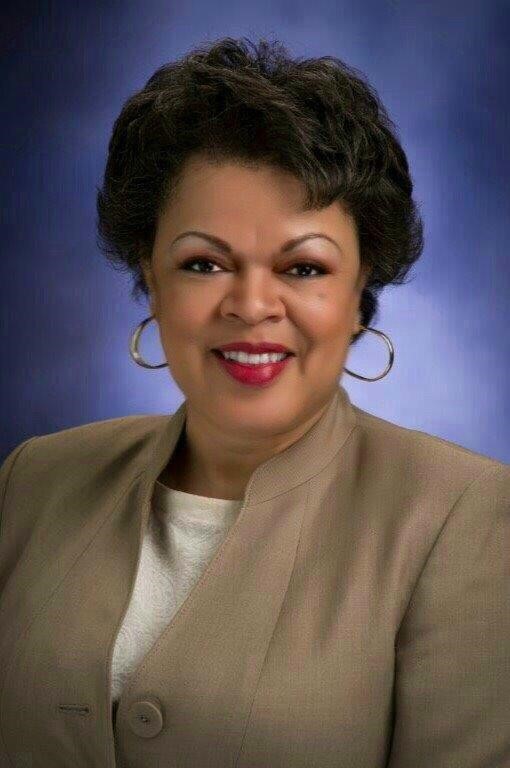 Photos courtesy: NASA.gov
Photos courtesy: NASA.gov
Biotech and Astronomy both push the boundaries of innovation and exploration. Both industries need disruption and discovery to improve the quality of life; the health of this planet and a better understanding of our purpose in the universe. We can’t have one industry without the other. And, neither industry can grow without innovation and inclusion.
Space exploration demands extraordinary talents, skill sets, valor and imaginativeness. It takes incredibly selfless teams of scientists, engineers and astronauts from all over the world to work together and execute missions.
I was super excited when I had the chance to speak with NASA’s Janet Sellars, Director of Diversity & Data/Analytics and Principal Advisor to the NASA Associate Administrator for Diversity and Equal Opportunity to learn more about her journey as well as NASA’s inclusive programs.
Who were your heroes or mentors that led you to your calling and guided you throughout your career?
I grew up in the Washington DC area had access to people in government. My mother was very active in Civil Rights generally, marches and protests. So, I was always exposed to different perspectives of social injustices and causes. I had no idea that I was going into Diversity & Inclusion. So, I guess you can say that the things that I was exposed to as a child had an incredible influence on me.
 A few years ago, NASA launched the 2017 – 2020 D&I Strategic Implementation Plan with the goal of enhancing their work environment. If any organization knows about successful launches for programs, it is NASA. How would you grade its success?
A few years ago, NASA launched the 2017 – 2020 D&I Strategic Implementation Plan with the goal of enhancing their work environment. If any organization knows about successful launches for programs, it is NASA. How would you grade its success?
The Federal Employee Viewpoint Survey ranked NASA as the best place to work in the federal government for the last seven years. This ranking, speaks to our inclusivity, environment and employee engagement and what I call, ‘discretionary effort’ – going above & beyond because you love what you do – and we see this consistently across NASA.
How do you lead by example or leverage your platform to help others?
When I interact with students, I stress that we aren’t only looking for just the best and the brightest. We are also looking for those with promise and potential. Working at NASA is not beyond their capabilities. Everyone has something to give. We need everyone’s perspectives and viewpoints at the table to solve complex problems.
I strongly believe in the benefits of studying in space to provide advancements in science and technology. Both of our industries need innovation and discovery to improve and extend the quality of life as well as the health of this planet. How do you see biotech benefiting from space exploration research?
Every piece of technology that we develop, has a practical application on earth. That is what we are charged to do. Everything that we do is for the benefit of humankind.
What advice would you have to a student that looks up to you?
I didn’t grow up with a lot of money or access. We took public transportation everywhere. We didn’t get our first car until I was 17. But my mom intentionally exposed me to everything that was free in DC. We went to The Folger-Shakespeare Library, The Smithsonian, etc. Take advantage of every chance that you have to learn. Maya Angelou said, “When get, give, when learn, teach.” If you know your calling early in life, that is great. If you don’t, you will have the opportunity to explore and discover. And, always help others along the way.
What gives you inspiration or hope?
People have been gracious to me. I have made mistakes, but they have been understanding, stood by me and helped me to move forward and excel. This gives me hope that you don’t have to be perfect, but you must be committed. I am very optimistic about the future and what NASA is doing to nurture an inclusive STEM pipeline for future generations. We put ourselves where the students are, we go to them. Our Office of STEM Engagement, has a plethora of programs that address students from kindergarten through graduate school. Also, we provide practical advice, support and resources. So, even if they don’t come to work for NASA, they are prepared for any career in STEM.
Janet is doing great work to improve diversity across NASA now and into the future. What many may not know is that NASA has a history of diverse astronauts. Here’s just a few examples that are worth highlighting during Black History Month:
- Charles F. Bolden, Jr. is a Marine aviator, NASA astronaut, and first African-American administrator of NASA. He has served his country in both war and peace and flew several missions for NASA as a pilot and commander aboard space shuttles Columbia, Discovery, and Atlantis.
- Mae Jemison is the first African-American woman to go to space. She specialized in medical issues on her flights. She has formed several initiatives for portable medical technology and founded the 100-Year Starship Project.
- Leland Melvin is a former NFL player for the Detroit Lions and the Dallas Cowboys; served NASA as astronaut aboard two missions and is currently the NASA Associate Administrator for Education.
About Janet E. Sellars
 Janet E. Sellars is NASA’s Director of Diversity and Data/Analytics where she serves as the principal advisor to the NASA Associate Administrator for Diversity and Equal Opportunity on matters concerning the achievement and management of a diverse and inclusive workforce, to include but not limited to, NASA’s diversity and inclusion programs, the Model Agency EEO Plan and Annual Update under the EEOC’s Management Directive 715, and special emphasis programs. Ms. Sellars previously served as NASA Langley Research Center’s Director of Education.
Janet E. Sellars is NASA’s Director of Diversity and Data/Analytics where she serves as the principal advisor to the NASA Associate Administrator for Diversity and Equal Opportunity on matters concerning the achievement and management of a diverse and inclusive workforce, to include but not limited to, NASA’s diversity and inclusion programs, the Model Agency EEO Plan and Annual Update under the EEOC’s Management Directive 715, and special emphasis programs. Ms. Sellars previously served as NASA Langley Research Center’s Director of Education.
Ms. Sellars completed her undergraduate degree at the University of the State of New York (Regents College). She earned a master’s degree in Human Relations from the University of Oklahoma. In 2017, Janet was selected for the Black Engineer of the Year Award for Corporate Promotion of Education for 2017 and is a 2018 recipient of NASA’s Honor Award for Outstanding Leadership.